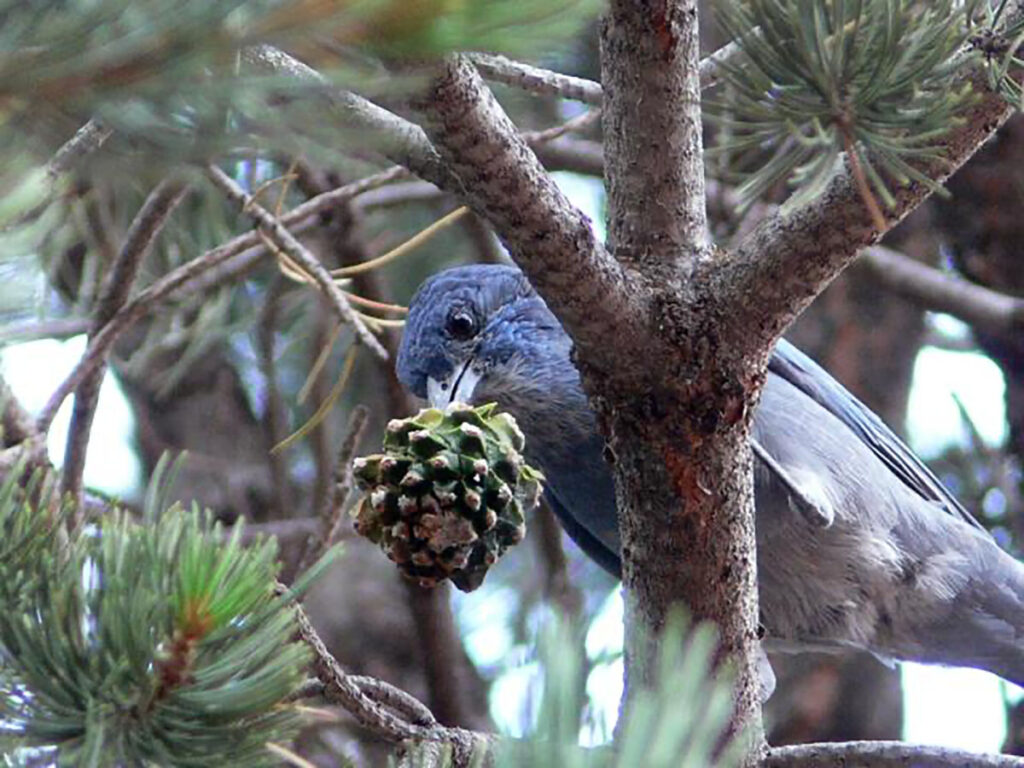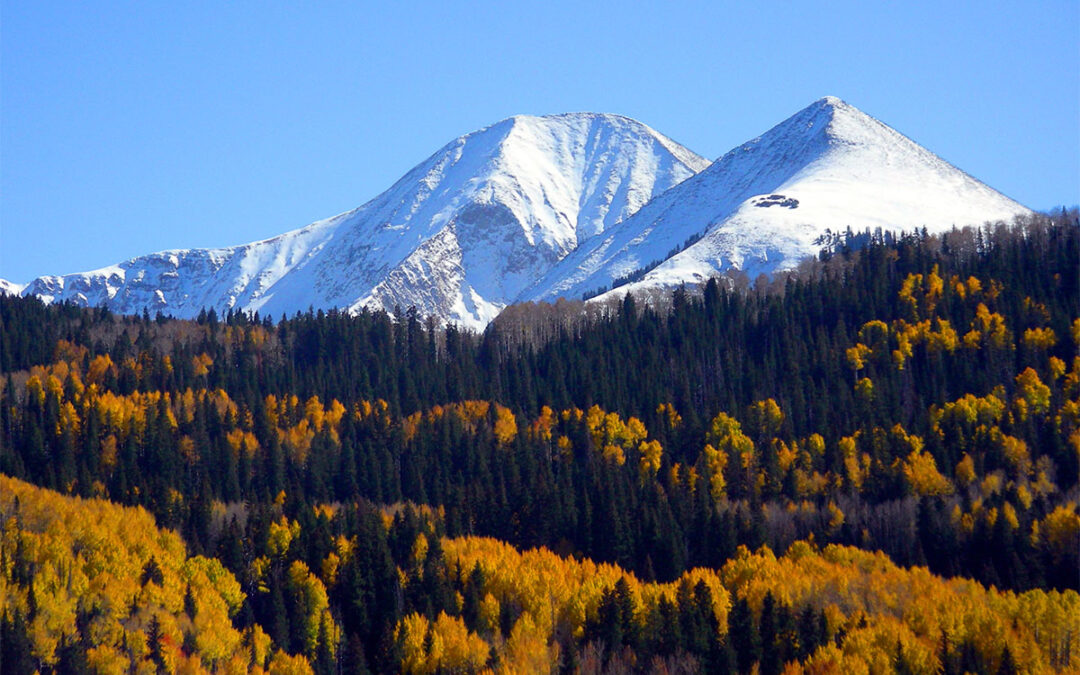Photo: US Forest Service
Alliance for the Wild Rockies relies on private donations from individuals who want to protect the landscapes of the Rockies from destructive projects. As in this case, we cannot always recover the money we paid to hire an attorney. So, if you appreciate our work, please consider donating right now to help us continue to fight environmental destruction by lawbreakers in our own government.
Here’s the story:
It’s rare enough to have environmental victories of any kind these days. Yet, while many environmental groups have decided to deal with the current administration by keeping their heads down, the Alliance for the Wild Rockies is fighting even harder — and winning!
When the Manti–La Sal National Forest issued its decision to log, masticate (grinding trees down to stumps), and burn across 952,115 acres – a stunning 1,487 square miles — more than two-thirds of the 1,413,111-acre forest we filed suit in federal court.
We’re overjoyed to announce the Forest Service decided to drop the project. Why? Because the agency knew it would lose in court since the area slated for habitat destruction included 454,452 acres — 710 square miles — of Federal Inventoried Roadless Areas that provide essential habitat for bighorn sheep, mule deer, elk, bears, raptors, and birds, including the imperiled pinyon jay.
The Manti-La Sal National Forest stretches from central to southeastern Utah and into Colorado and contains the La Sal Mountains, the state’s second highest mountain range that includes areas in the Bears Ears National Monument.
Given the stunning beauty of this area one might credibly wonder why the Forest Service ever authorized this project. Although calling it “restoration” the project actually authorized mass logging and burning of conifers and aspens, including 170,000 acres of pinyon-juniper forest.

Photo: Bureau of Land Management
Pinyon jays are unique and social birds that travel in large flocks and play a significant role in maintaining the biodiversity of the West. But like many bird species, Pinyon jay populations have declined by 85% in the last 50 years due to habitat destruction. Ironically, the U.S. Fish and Wildlife Service recently issued a decision that pinyon jays may be warranted to be listed as “threatened” under the Endangered Species Act because of loss of their habitat to projects like this.
While the Forest Service is very gung-ho on make-work “management” projects that destroy habitat, pinyon jays actually enhance their habitat by collecting and burying caches of piñon seeds, known as pine nuts. Because they don’t retrieve all the seeds they bury, many germinate and replenish the pinyon-juniper woodlands that are critical for their survival.
This project was such a huge threat to the Manti-La Sal’s beautiful and biologically diverse roadless forests that the Castle Valley town council passed a resolution supporting our lawsuit, in large part to protect its critical watershed, which is fed by mountain snowpack in our ever hotter and drier climate.
The Alliance caught the Forest Service breaking the law, we sued, and the agency caved. While this is a great victory for wildlife and their habitat, it’s a mystery why the Forest Service forced us to sue rather than heed our comments, which clearly stated the agency was breaking the law.
Normally, those who prevail in lawsuits against the government are entitled by law to have their costs reimbursed. But because the Forest Service pulled this project prior to a court ruling, the Alliance for the Wild Rockies and our co-Plaintiffs Native Ecosystems Council, Wildlands Defense, and Council on Fish and Wildlife will not recover our attorney fees.
We truly appreciate any help you can give us to stop federal land management agencies from turning Utah’s dwindling forests into bare dirt, wood chips, weeds, and ashes. Since no other groups are currently willing to challenge the government to protect Utah’s national forests the Alliance really does need your help to continue our fearless efforts to protect habitat for native species in the Rocky Mountains.
Mike Garrity is the executive director of the Alliance for the Wild Rockies.
